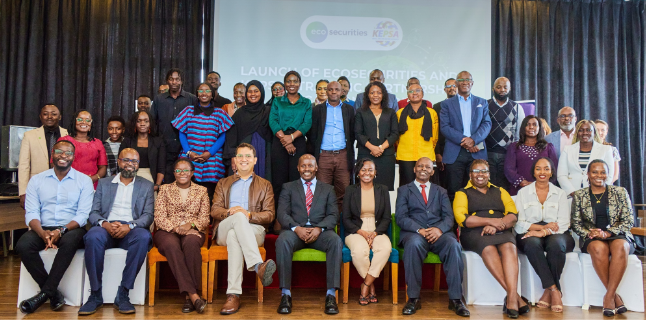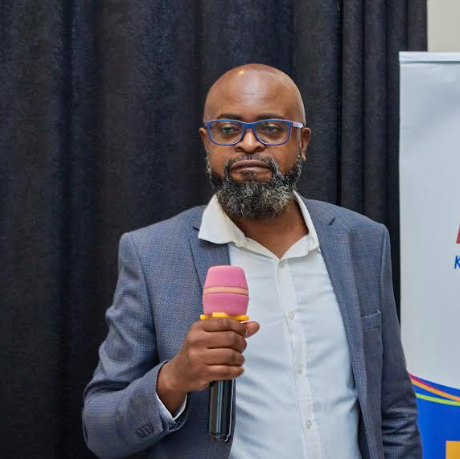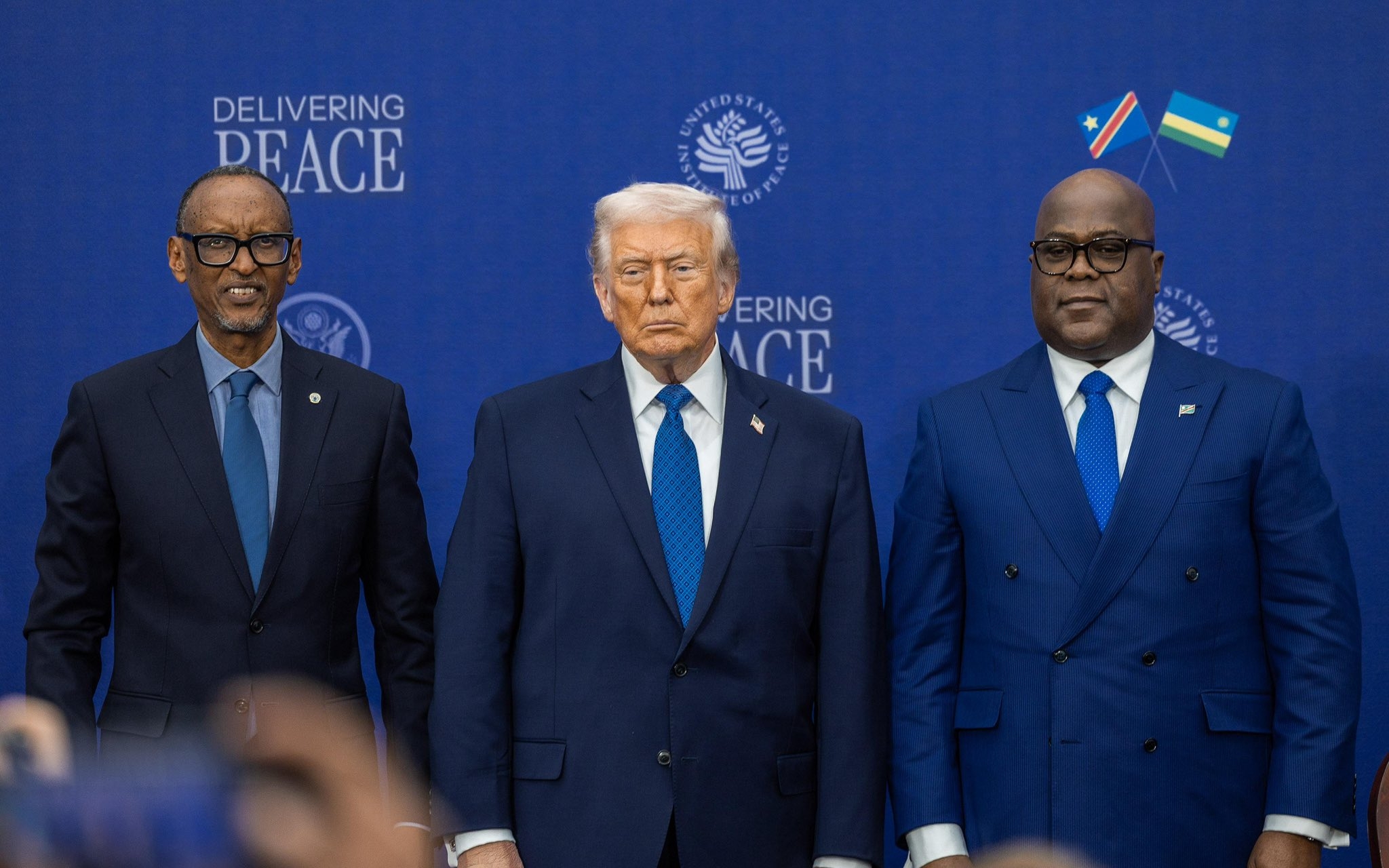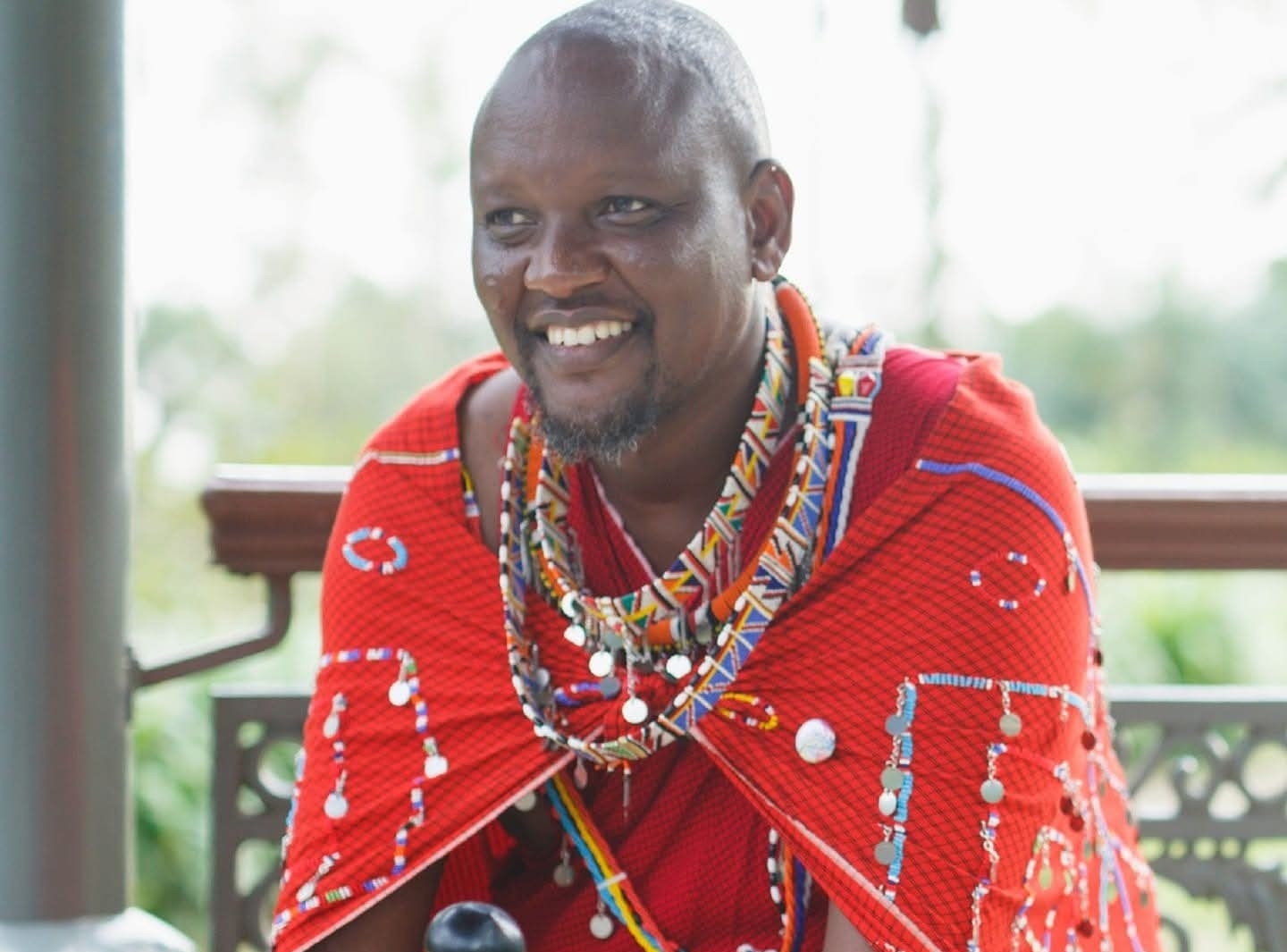
According to experts, Climate change could cause Africa’s GDP to decrease by up to 30% by 2050. This is despite the reality that the continent currently receives less than 4 percent of global climate finance – mostly high-interest loans, not grants. Accessing private climate finance is critical for green investment, innovation, and funding vital adaptation efforts.
Carbon finance offers a cost-effective solution in the near term. Unhindered by interest
rates, by participating in carbon markets the African private sector can move towards
transitioning to low-carbon, climate-smart economic development.
This is particularly important across historically polluting industries – like heavy industry,
transport, waste, energy and agriculture.
According to UNHCR, Carbon financing is an innovative funding tool that places a financial
value on carbon emissions and allows companies wishing to offset their own emissions to
buy carbon credits earned from sustainable projects.
UNHCR says this arrangement allows for the financing of innovative projects that bring sustainable energy solutions to people living in developing countries worldwide. But, to unlock carbon finance requires the right enabling conditions. To understand more about how Africa can unlock this potential, the Star held an interview with Peter Simiyu, EcoSecurities’ Regional Director, Africa. The organisation focuses on unique ways to combine the power of nature, technology and finance to accelerate decarbonisation and sustainable development activities around the world.
What’s your description of Climate Finance?
Climate finance relates to the funds supporting efforts to combat climate change through mitigation (reducing emissions) and adaptation (adjusting to climate impacts). Sourced from public and private entities, it plays a critical role in achieving global climate goals, especially in developing countries, and is critical to helping Africa and Kenya transition to a low carbon climate resilient economy.
Presently, where do you see Africa in this Climate finance debate?
As a region, Africa is disproportionately affected by climate change given its greenhouse gas emissions are low. However, the region only received 20% of global adaptation financing in 2021 -2022 and moving forwards this needs to change and carbon finance can help.
The deployment of catalytic carbon finance, e.g., e-mobility, distributed renewable energy, waste, and regenerative agriculture, represent huge opportunities for Kenya to transition to a sustainable climate smart economy.
You are the EcoSecurities’ Regional Director, Africa. What are your priorities as an organisation?
EcoSecurities has four priority sectors in Africa for the deployment of catalytic carbon finance: e-mobility, distributed renewable energy, waste, and regenerative agriculture. Our focus is on creating aggregation platforms so that we can enable SME's and start-ups to access carbon finance to support the scaling of their businesses, especially given the fact that the cost of capital in Africa is pretty expensive.
We're expecting to make commercial announcements in the very near future and are aiming to have between 20 - 30 initiatives underway, enabling hundreds of companies to join our aggregation programmes over the coming months.
Do we have investors who have expressed interest to invest in Africa in relation to Carbon finance?
We are already in conversations with a series of impact investors. All of them have hundreds of millions of US dollars under management that they are looking to deploy to support a low carbon and climate resilient transition across the African continent.
However, from a macro perspective the potential for carbon finance to enable African countries to deliver on its NDC's is huge. According to Climate Policy Initiative (CPI), Africa will need $2.8 trillion USD between 2020-2030 to implement its NDCs under the Paris Agreement.
Specifically, about Kenya, what is the country’s potential as far as Climate Financing is concerned?
In Kenya there is also significant potential for carbon finance to support the country's transition in a clear and measurable way given a strong policy framework. The country recently amended the Kenyan Climate Change Act which now mandates the country to create a national registry.
In addition, almost 90% of Kenya's economy is SME's. Many of them are facing a debt burden with the high cost of capital which means it's challenging to finance their business and carbon finance presents a more cost effective, more accessible alternative.
Amendments to the Climate Change Act also protect local communities mandating that 40% of earnings from annual carbon trading on land-based projects and 25% from non-land- based projects go to benefit local communities.
Carbon finance debate is a topical issue globally, where do you see Africa as a continent in this debate?
Carbon markets are indeed a key part of the solution for Africa, as they unlock climate finance that supports both mitigation and adaptation efforts. In the context of the global race toward meeting the 1.5°C goal, Africa can contribute significantly through high integrity carbon projects in sectors like afforestation, renewable energy, and sustainable agriculture.
These markets enable Africa to channel private capital into sectors that would otherwise struggle to attract financing, making them crucial to bridging the climate finance gap. However, for carbon markets to truly be a solution, they must operate with environmental integrity and align with Article 6 of the Paris Agreement, which aims to ensure that emissions reductions are real, measurable, and verified.
Africa’s participation in these markets will also generate critical co-benefits, such as improved resilience to climate impacts, biodiversity conservation, and community empowerment.

Do you consider the carbon market as a solution for Africa in this whole climate change debate?
Yes, carbon markets offer a robust solution for Africa to address climate change while generating revenue. Unlocking carbon finance in Kenya and Africa requires creating enabling environments that attract investors while ensuring that local communities benefit. Regulatory certainty is key, and Kenya is already taking important steps with the Climate Change (Carbon Markets) Regulations of 2024, which provide a clear framework for carbon project registration and revenue sharing.
This is vital to ensure that projects are aligned with national climate goals and the UN Sustainable Development Goal 13 (Climate Action), while also addressing issues like poverty and inequality through targeted benefits-sharing mechanisms. Capacity-building is equally essential. Governments must invest in training and knowledge-sharing to enable stakeholders in both public and private to navigate carbon markets effectively.
Additionally, strong partnerships with international organisations, NGOs, and the private sector are crucial in creating sustainable, bankable projects that attract climate finance. These partnerships should emphasise not only emission reductions but also the social and economic co-benefits of these projects, ensuring alignment with the broader 2030 sustainable development agenda.
What are the carbon markets challenges facing Africa as a continent today?
Africa’s participation in carbon markets faces several key challenges. First, there is insufficient demand from the Global North to absorb the credits Africa can generate, despite the continent’s vast potential for nature based and technology driven solutions.
Second, many African countries lack the robust policy and regulatory frameworks necessary to ensure market integrity and investor confidence, although progress is being made in countries like Kenya. Capacity-building is another critical challenge, as many governments and businesses still lack the technical expertise to effectively engage in these markets.
Addressing these challenges requires concerted efforts to implement Article 6 of the Paris Agreement and strengthen voluntary carbon markets in the interim. We also need strong climate finance flows to build Africa’s carbon infrastructure and ensure that projects deliver long-term benefits.
What other ways can Kenya and Africa in general, unlock its potential for carbon finance?
Unlocking carbon finance in Kenya and Africa requires regulatory and policy certainty, as well as capacity building at national and regional levels. Kenya's Climate Change (Carbon Markets) Regulations of 2024 are a prime example of how clear, transparent guidelines can create an enabling environment for investments.
These regulations ensure integrity in the market by establishing a robust project approval process and mandating fair benefits-sharing mechanisms, with at least 40% of earnings from land-based projects directed to local communities. This fosters investor confidence while ensuring that carbon finance directly benefits communities and the environment.
In June 2023, Kenya hosted a carbon market auction in Nairobi, selling over 2.2 million tonnes of carbon credits, and becoming the world’s largest auction. How significant was this to Kenya as a country?
The June 2023 carbon market auction in Nairobi marked a historic moment for Kenya, signaling the country's leadership in carbon finance globally. Selling over 2.2 million tonnes of carbon credits - primarily from projects like reforestation, renewable energy, and waste management - demonstrated Kenya's readiness to play a key role in the global carbon market. This auction also highlighted the growing international demand for high-quality carbon credits from Africa.
However, for Kenya to maintain this momentum, it needs to ensure sustained demand and investor confidence. The country’s new carbon markets regulations have laid the groundwork for integrity, transparency, and accountability.
As a company, what are you doing to aid Kenya’s efforts to cut down on carbon emissions and earn more carbon credits?
EcoSecurities is leveraging nearly three decades of expertise in global carbon markets to contribute to Kenya’s climate efforts. We focus on four key sectors - agriculture, waste, emobility, and off-grid solar - that offer significant potential for carbon emission reductions.
Through partnerships with technology firms, we introduce and scale climate-smart technologies that drive emissions reductions while creating new economic opportunities. We also work with NGOs and concessional finance providers to build capacity within local businesses and communities, ensuring that they understand how to engage with carbon markets. These efforts are aligned with Kenya’s climate goals under its NDCs.
A few days ago, Kenya Private Sector Alliance (KEPSA) and EcoSecurities, signed a strategic partnership agreement. What was all this about and how significant is it to Kenya?
KEPSA, as the leading private sector alliance for Kenya, brings together members eager to explore the potential of carbon credit generation and carbon markets to enhance their low carbon and sustainable projects. This aligns seamlessly with EcoSecurities' strategic focus on Kenya and the broader African region, where our expertise in carbon asset development and market integration offers valuable insights and solutions.
By leveraging this shared interest, we can foster impactful collaborations that drive sustainable projects while advancing Kenya’s position in the global carbon market and supporting the country’s achievement of their Nationally Determined Contributions (NDC’s) under the UNFCCC’s Paris Agreement.
Article 6 of the Paris Agreement sets out how countries can work together to reduce greenhouse gas emissions and includes voluntary cooperation, internationally regulated (compliance) carbon markets, non-market approaches (NMAs) and ensuring integrity. Do you think nations, and particularly the developed world, is living true to this agreement?
While Article 6 holds great promise, the global community still has work to do to ensure its full implementation. Although the framework for international cooperation is in place, developed countries have not yet fully delivered on their commitments to provide climate finance and strong demand signals for carbon credits from the Global South.
For instance, there have been shortfalls in the delivery of the $100 billion USD per year climate finance pledge, which hampers the ability of developing countries to scale their climate actions.
At COP29, it will be crucial for developed nations to provide clear regulatory certainty and sufficient financing to enable Article 6 to become fully operational. Once this happens, countries like Kenya can benefit from stronger demand for their carbon credits and greater access to international climate finance.
What is the place of indigenous communities across Africa in relation to carbon finance?
Indigenous communities are central to the success of carbon finance in Africa, particularly in nature-based solutions like reforestation and sustainable land management.
It is crucial that carbon market legislation, like Kenya’s 2024 Carbon Markets Regulations, protects the rights of indigenous groups and ensures they receive a fair share of the benefits generated by these projects. Indigenous knowledge plays a vital role in managing natural resources sustainably, which is essential for the success of carbon projects.
By integrating these
communities into carbon projects and ensuring they share in the economic and social
benefits, the overall impact of carbon finance is strengthened.
Many countries are interested in trading carbon credits, but doing this fairly demands clear rules. Do you think these rules are fair in the present global setup?
The current voluntary carbon market has made strides in ensuring transparency and integrity through initiatives like the Core Carbon Principles and the Taskforce on Scaling Voluntary Carbon Markets (TSVCM). However, we are still awaiting a robust global framework under Article 6 of the Paris Agreement. Ensuring that these rules are fair and that developing countries can participate meaningfully is key to scaling the market.
African countries, including Kenya, must have a strong voice in shaping these rules to ensure that carbon markets work equitably. This will involve integrating social and environmental safeguards that align with the Sustainable Development Goals and making sure that the revenues from carbon credits are invested back into sustainable development projects. As we await further clarity on Article 6, voluntary markets serve as an important bridge, but the ultimate goal is a fair and transparent global compliance market.
How can Africa benefit from partnerships in terms of carbon credits economy?
Africa stands to gain significantly from partnerships with international governments and the private sector, including climate technology companies, and multilateral institutions. Such collaborations provide technical expertise, financial resources, and market access, all of which are critical to accelerating the transition to low-carbon and climate-smart economies, with the potential to leapfrog the Global North when it comes to the dissemination of new and existing carbon reduction and removal approaches.

















